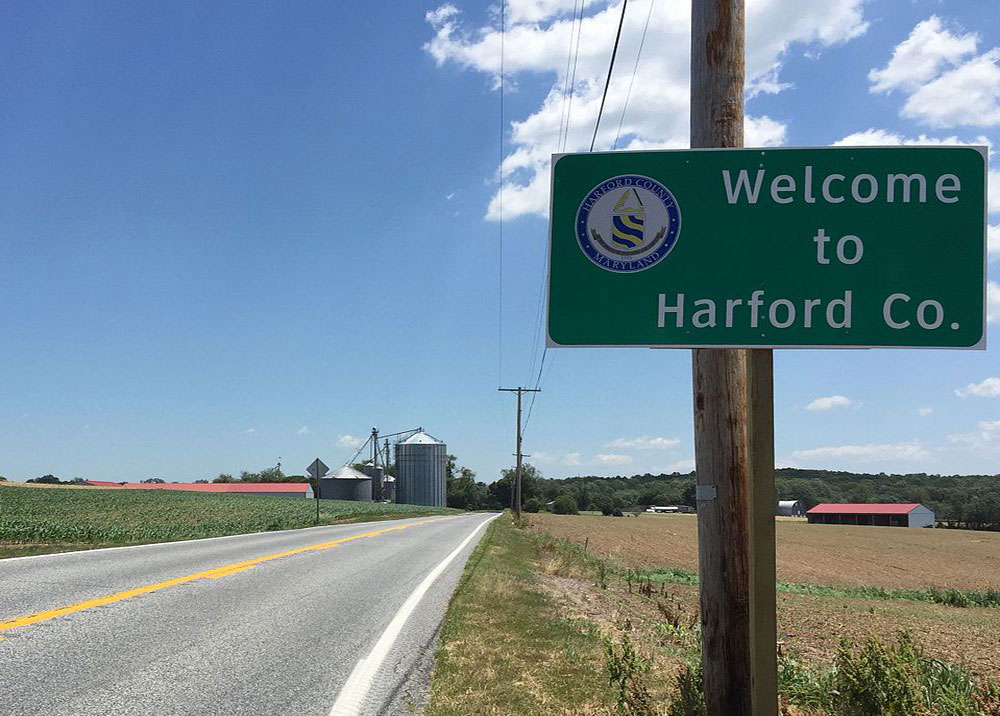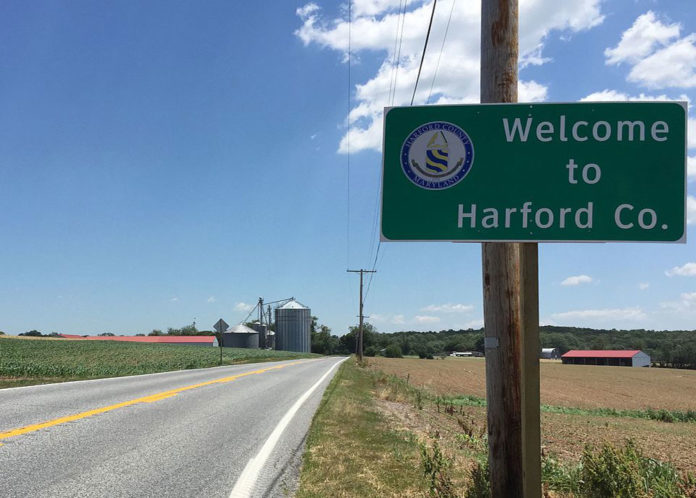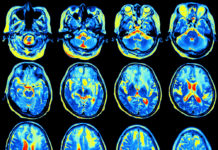A recent event held in Abington, Maryland brought the Harford County community together to discuss the different ways to curb the local opioid epidemic and target the importance of addiction recovery.
The event included two discussion panels and was hosted by a local religious organization, the Mountain Christian Church, in Abington and by four different Rotary clubs — a global service organization with over 35,000 clubs and 1.2 million members — located in southern Harford, Aberdeen, Bel Air, and Havre de Grace.
The discussion panels brought in roughly 80 spectators to discuss the many facets of the national and local opioid epidemic as well as routes to boost addiction recovery efforts in the area. According to Don Mathis, the moderator of the two discussion panels and a member of the Havre de Grace Rotary, that was significantly less than the number of people who had attended similar events before.
The Harford County Health Department has been alerting members of the local community about the dangers associated with opioids as well as how to recognize the signs of a drug overdose for years now.
Back in 2013, the department launched an Opioid Prevention and Response Program. Since its establishment, the program has been aiming to assess, distinguish and develop measures that can prevent opioid abuse and coordinate addiction recovery services for those who need help.
The program’s goal was to reduce the number of local overdose deaths by at least 10 percent, through the implementation of several strategies.
However, during the recent event, Harford County Sheriff Jeffrey Gahler stated that the number of drug overdose deaths in the county has increased about 12 percent in comparison to last year — more than 135 overdoses have occurred in Harford County this year, but less than 40 were fatal.
On the bright side, according to members of the Harford County Sheriff’s Office, the number of drug overdoses that were not deadly decreased more than 13 percent in the county.
That reduction may be attributed to the fact that the Harford County Health Department implemented a Naloxone Certification and Training Program following the Opioid Prevention and Response Program. The naloxone program allows local residents to take training sessions online to get educated and become certified to assist individuals who may be experiencing an opioid overdose.
According to officials, another accomplishment that can likely be attributed to the implementation of the aforementioned measures is that since 2015 there were less than 100 opioid-related deaths in Harford County.
Outside of the location, attendees could spot a mobile unit, the Heroin Overdose Prevention Effort (H.O.P.E.) House trailer.
The vehicle is one of the latest tools launched by the Harford County Sheriff’s Office to combat the local opioid crisis.
Since September, the H.O.P.E. mobile unit, which was designed to look like an adolescent’s bedroom, has been utilized by the Sheriff’s Office to travel, promote public awareness and educate local adults on how to identify signs of substance abuse in their own homes.
The Sheriff and his staff also assist people who need addiction recovery support by directing them to get assistance from resources made available by the Substance Abuse and Mental Health Services Administration.

















